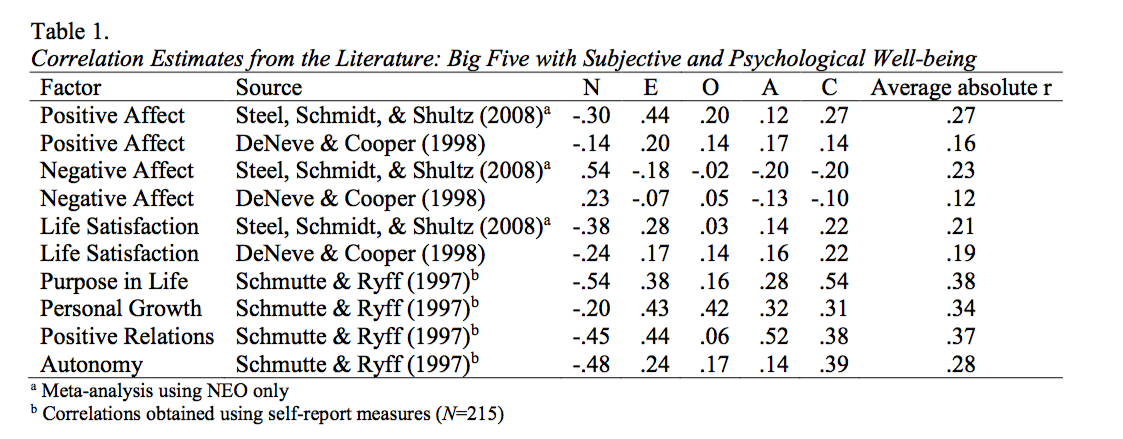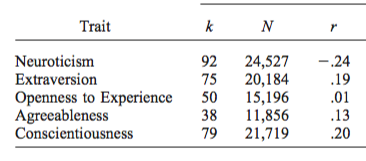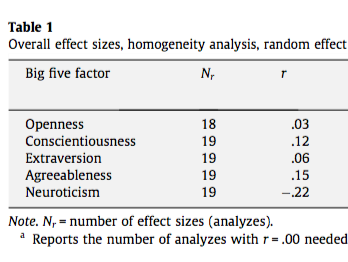The modern world has two new ways of finding abundance of employment and relationships:
- Job boards, career sites and recruiters for finding jobs
- Online dating sites for finding dates
While seemingly different, they share a couple similarities ~ 20% top performers and 20% top attractive people have really easy time finding the next job or romantic partner.
For example, a talented engineer working at Apple may have 50 recruiters knocking on his door, trying to "poach" him to the next hottest job or startup. An attractive woman on Tinder would match with just about any guy she wants and be swamped with messages from guys. Both of these people can find a great (but not perfect) job or a partner easily
From what I've been reading and observing, the ease with which the needs for job/partner can be fulfilled by top percentile of people makes these people devalue the experience. The good things are overlooked once negatives start to show up. This can make a person experience rapid build up of dissatisfaction with the current situation and want to "trade up".
This makes me ask: Are the experiences of dissatisfaction with job and relationships, as experienced by people who "have it easy" related? Do they use the same mental mechanism?
In a sense, this question is a continuation of this one: How long can a person stay happy, excited and motivated about something new? I'm asking if there's a universal mechanism by which a person starts to seek "something better"


